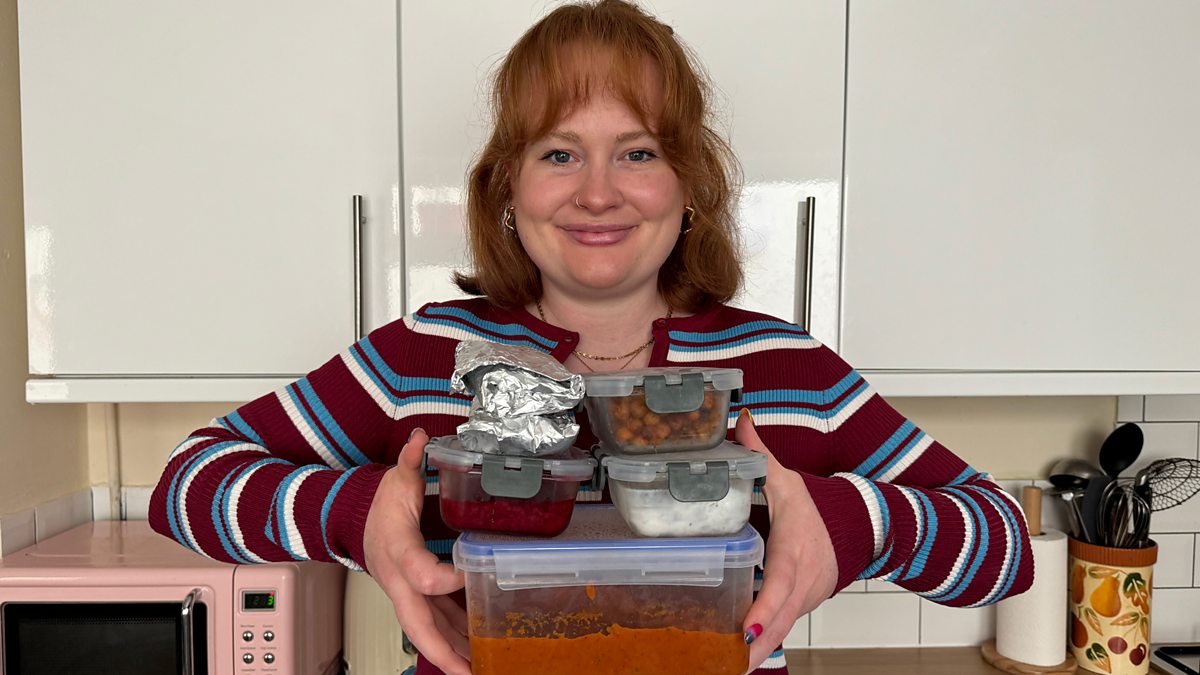The Art of Meal Prep: A Time and Money Saving Experiment
Some might consider me a prudent individual when it comes to organizing meals. Being no stranger to utilizing leftovers for lunch, I have always wondered, could I take it to the next level by preparing all meals for the week in one day? Recently, I have been captivated by the appealing refrigerators filled to the brim with precisely arranged food containers in various social media commentaries. These posts proclaim the convenience and financially sound practices of meal prepping. Furthermore, they stress its contribution to healthier and balanced diets.
Drawing from several scientific studies, I found out that meal preppers consume a broader range of food groups and nutrients than those who dine spontaneously. These studies also showed that sophisticated meal prep could essentially reduce the total time spent on meal preparations throughout the week. Interestingly, when the need to make daily meal decisions is eliminated, stress levels are observed to decrease.
With a more significant interest in time and health benefits, I often grapple with squeezing in gym workouts and preparing a nutritious and replenishing breakfast into my schedule. Could batch cooking potentially be the solution to my problem?
Getting Started
Starting was an uphill task. Therefore, to familiarize myself with the activity, I decided to seek professional advice from a renowned meal prepper and influencer, Mimi Harrison. Her recommendation was to map out a shopping list that integrates an array of common ingredients. By leveraging the same ingredients in multiple meals, not only was I able to minimize food wastage but also save money in the process.
To implement this, I created a meal plan with the intent of reusing many of the same ingredients in different dishes. For instance, I made a discrete tomato sauce packed with hidden veggies, particularly courgettes. Furthermore, I found other recipes that required courgettes as an ingredient. Beetroot burgers and roasted green vegetables were just a few other interesting finds within my menu plan.
Versatile Bases
Another essential tip from Mimi Harrison was the idea of versatile bases. The advantage of this approach is that it ensures variety in terms of meal plan throughout the week. This was particularly inspiring since monotonous meals were a significant concern in my meal preparing endeavor.
Heeding Mimi’s advice, I planned to serve my hidden veg tomato sauce with butter beans and pasta. I also used it as a topping for pita pizzas and transformed it into a soup for a meal later in the week.
Preparing and Storing Food
Before D-day, I took stock of my food containers and realized I needed about ten more. I also learned some helpful storage tips from Harrison. She suggested that storing salads, leafy vegetables, and boiled eggs in airtight containers lined with a damp kitchen towel would help keep them fresh. Separating carbs and sauces was also vital to preserving flavors and textures. Lastly, a combination of refrigeration and freezing was necessary for food safety and extended durability of meals.
With my food containers ready, Sunday came around, and I dedicated the entire day to this endeavor. My plan was to prepare a total of 21 meals for myself (breakfast, lunch, and dinner for seven days) and 14 for my housemates since we share our evening cuisine.
Upon returning from grocery shopping, it was time to start cooking. Due to the time-consuming prep and lack of oven space, the cooking phase took about nine hours, a far cry from the three hours I had initially anticipated. After the ordeal was over, my housemate, who had joined me in the cooking, expressed her fatigue and initially passed on trying the meals we had prepared. However, she shortly succumbed to the temptation.
The following days taught me some valuable lessons. First, I realized the essence of snacks, which I had initially overlooked while meal planning. Additionally, I learned that some dishes like curries, stews and ragus are perfect for meal prepping since their flavors improve as they sit. However, flexibility is key healthful eating habits. Therefore, while I am eager about the health, time, and financial benefits of meal prepping, I intend to be more flexible in the process. Last-minute plans should not be a reason for panic or unnecessary guilt.
In conclusion
Would I be grappling with pots and pans for nine hours straight every Sunday, preparing meals for an entire week? Well, likely not. However, the benefits of meal prepping are too alluring to be ignored. My plan is to continue making breakfast wraps and stashing them in the freezer. The convenience of reheating a balanced breakfast each morning is an enticing prospect. I would also plan for extra portions to be stored in the freezer for emergency lunches and dinners. The verdict from my housemates was also encouraging, making meal prep a likely staple in our household.



